Intel or AMD? It’s the greatest question for anyone who’s built a PC after 2017. There was a time when Intel was the de facto PC processor, meanwhile AMD was the plucky underdog brand for enthusiasts and risk takers unafraid of a chip that had zero CPU throttling. AMD introducing its Zen architecture in 2017 shook things up, making AMD a real contender to challenge Intel’s decades-long dominance.
Which is better? AMD or Intel CPUs?
Generally, Intel chips are preferred by consumers for productivity and design work and AMD chips are the go-to for gaming. This has changed a bit in recent years with the rise of Zen and the Intel’s Raptor Lake troubles.
- Gaming: AMD’s 3D V-Cache tech gives their X3D chips the clear win.
- Productivity: It’s toe-to-toe here, but AMD barely edges the win. In the past, Intel’s Quick Sync encoding technology and integrated GPUs made their chips better for video editing and content creation. Both those advantages are nullified if you have a dedicated GPU.
- Future Proof: AMD wins. Put simply, AMD’s Zen architecture has the better long-term support. You can buy a motherboard for a CPU and still use it for newer CPUs several generations later. For example, AMD’s AM4 platform was released in 2017 and was promised support to 2020 but continues to see new chips in 2024. All signs point to their new AM5 platform receiving that same level of support.
Intel chips still power the majority of consumer rigs, but AMD has begun to make progress among budget and mid-tier gamers. AMD chips also power the Xbox Series S/X and PlayStation 5 and leading gaming handhelds like the Steam Deck and ROG Ally.
Another key factor to consider is how future-proof your choice will be. Intel has a history of frequently changing its socket types with each new processor generation, meaning upgrading often requires purchasing a new motherboard. In contrast, AMD’s Zen architecture offers more longevity, as users typically need to upgrade their motherboards only once every few generations. AMD plans to support its AM5 socket, which powers Zen 4 and Zen 5 chips, until at least 2027, allowing you to enjoy your motherboard for longer.
What’s the problem with Intel CPUs?
Widespread reports of stability issues in Raptor Lake chips prompted an investigation by Intel, who later confirmed a bug in the microcode that was causing overheating in the cores. Simply put, the bug was causing the chips to send unsafe voltages to their cores. Any damage done was permanent, resulting in widespread panic and a general wariness toward Intel chips.
Does that mean I should avoid Raptor Lake CPUs?
Intel has released multiple microcode patches aimed at addressing the voltage issues in their desktop Raptor Lake chips. They’re already implementing them in current batches of the processors, but if you already own one of the affected chips, you’ll have to flash your motherboard’s BIOS to apply the fixes.
If you plan on buying a Raptor Lake chip for your desktop rig, make sure the motherboard you own has already been flashed with the latest fix.
Our general recommendation for the lay person: Go AMD this generation.
Best CPUs for Gaming
Work? Productivity? No way, you’re here to game. That means you’ll need a chip with strong single-core performance and a high base clock speed. More cores is always better, but the majority of modern PC games are GPU-bound and are coded to fully optimize a single thread, rather than spread calculations across multiple threads.
There are certain genres that can be more demanding on your CPU than others. MMOs, strategy games, and city builders, are CPU-intensive genres where a higher core count will help keep things snappy and quick.
Currently, AMD’s 7000 X3D series are favored over Intel chips for pure gaming performance thanks to AMD’s proprietary 3D V-Cache technology.
AMD Ryzen 7 7800X3D
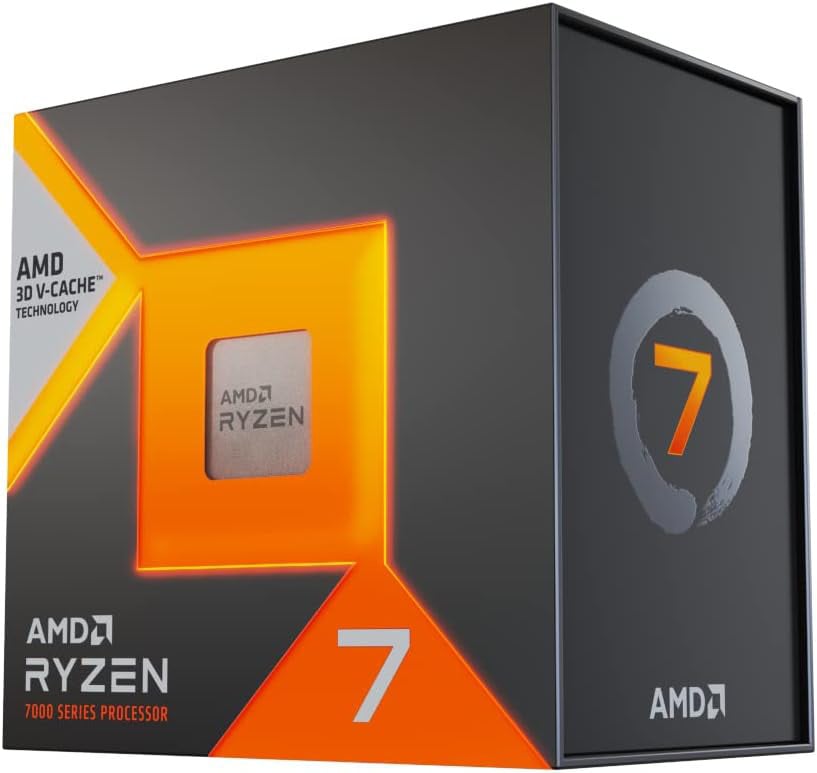
| Key specs | • 8 cores @ 4.2GHz (5GHz Turbo) • 16 threads • 3D V-Cache • AM5 socket • Integrated Radeon graphics • 120W TDP |
| Pros | • Best chip for gaming • DDR5 support • Excellent power efficiency |
| Cons | • Average performance in productivity apps |
| Where To Buy | • View at Amazon |
The AMD Ryzen 7 7800X3D is the best gaming CPU out today, with incredible performance for its price. Again, AMD’s 3D V-Cache tech keeps the X3D series well ahead of Intel when it comes to gaming performance. The 7800X3D outpaces Intel’s flagship i9-14900K, which is $100 more expensive. It also draws less power, to boot (162W compared to the 14900K’s 253W).
Let’s not forget that it’s built on the AM5 platform, so you’ll be able to keep your motherboard until at least 2027.
AMD Ryzen 5 7600X
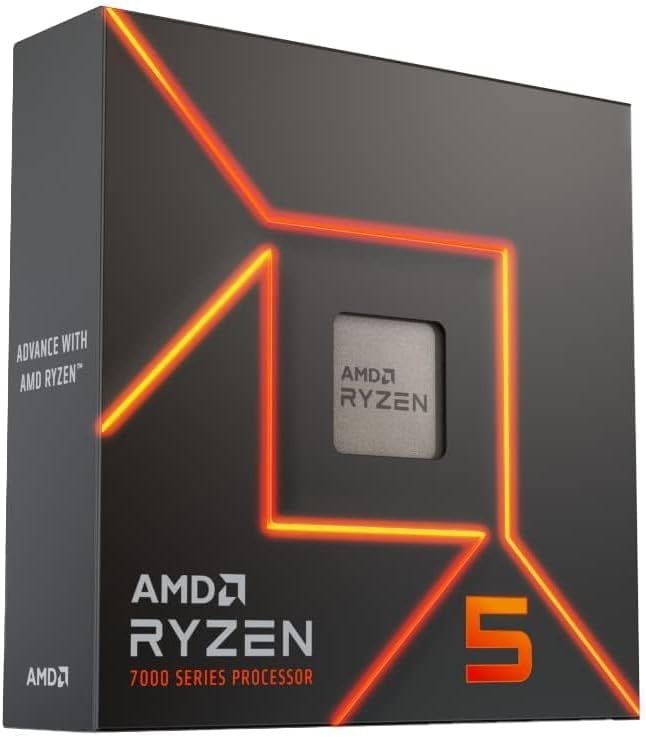
| Key specs | • 6 cores @ 4.7GHz (5.3GHz Turbo) • 12 threads • AM5 • Integrated Radeon graphics • 105W/142W TDP |
| Pros | • High base and boost frequencies • Fully overclockable • DDR5 support • Great value for your dollar |
| Cons | • No DDR4 • No 3D V-Cache |
| Where To Buy | • View at Amazon |
The AMD Ryzen 5 7600X offers performance and power efficiency at a price much lower than the 7800X3D, making it a better bang-for-your-buck buy. It performs better for 1080p gaming than its closest competition from Intel, the Core i5-14400, and also comes on top in the head-to-head when it comes to productivity apps. Take into account the support for full overclocking of its CPU cores, and the 7600X chip wins by a large margin.
Intel Core i7-14700K
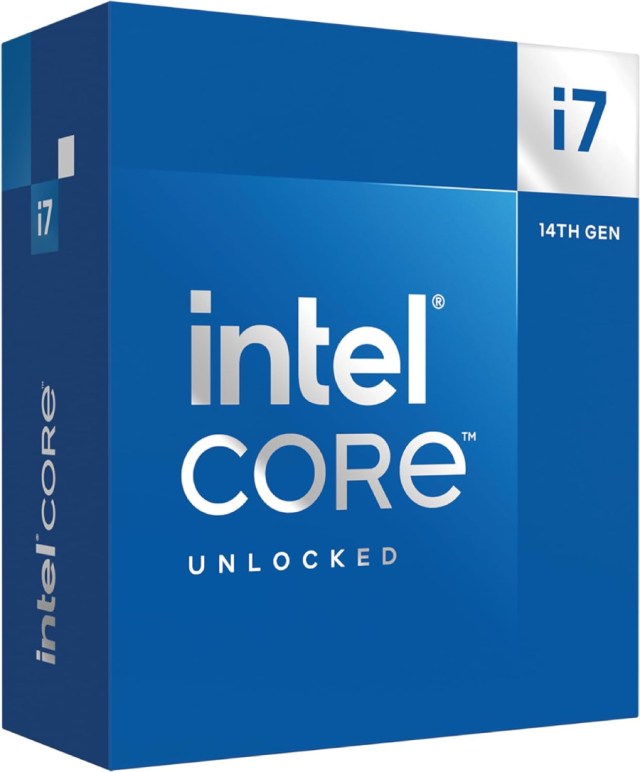
| Key specs | • LGA 1700 • 20 cores (8P + 12E) @ 3.4GHz (5.6GHz Turbo) • 28 threads • 125W TDP |
| Pros | • The extra e-cores boost performance in productivity benchmarks • Gaming performance comparable with the more expensive 14900K • Overclockable |
| Cons | • Have to buy a cooler separately • Power-hungry compared to similar Ryzen chips |
| Where To Buy | • View at Amazon |
The Intel Core i7-14700K provides the same gaming performance as the the Core i9-14900K at a much lower price. For gaming, the 14700K doesn’t compete with Ryzen CPUs in its price range, but it outshines them all with its performance in productivity apps, making it a better all-purpose pick for people who’ll be using their PC for both work and play.
If you want to cut costs even more, there’s also the Core i7-14700KF, which is the same chip minus the integrated graphics.
Best CPUs for Video Editing & Productivity
For video editing and other productivity-related tasks, you’ll want to focus on CPUs with multi-threading performance. That means more cores and more threads. Clock speed still matters, but in many apps, like Adobe Premiere or DaVinci Resolve, you can get better performance with a chip that has more cores in it.
AMD Ryzen 9 9950X
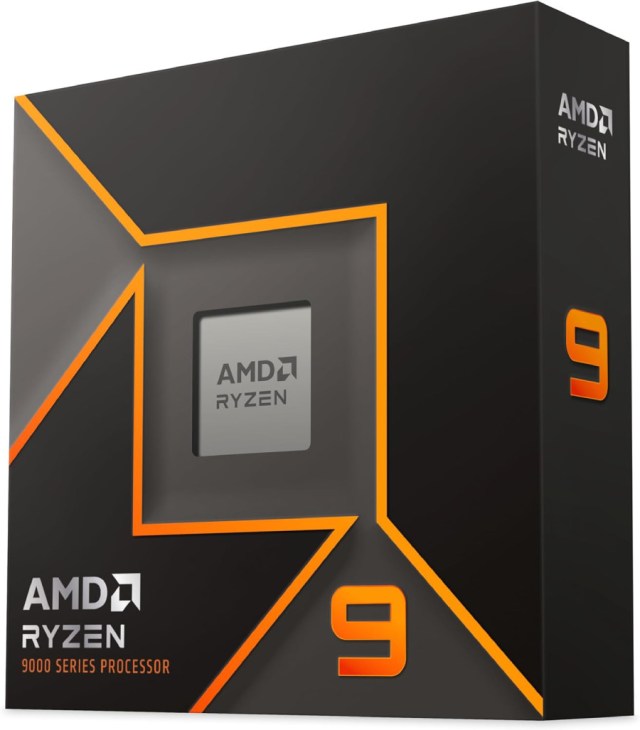
| Key specs | • 16 cores @ 4.3GHz (5.7GHz Turbo) • 32 threads • Precision Boost Overdrive • AM5 socket • 170W TDP |
| Pros | • AVX-512 support for improved editing performance • Great power efficiency • Overclockable |
| Cons | • Expensive • Underwhelming gaming performance |
| Where To Buy | • View at Amazon |
The AMD Ryzen 9 9950X is the best work CPU you’ll get short of buying a Threadripper. It’s got a staggering 16 cores and 32 threads, with AVX-512 support for ultra-fast video editing performance. Need a bit more performance? There’s plenty of space for overclocking due to the chip’s impressive power efficiency, and with some tweaking (and the right cooling solution), there’s nothing else on the market that comes close for media creation.
Gaming is another story altogether. While the 9950X is no slouch, there are several Ryzen 7000 X3D CPUs that can match its gaming performance and at a much lower price, like the AMD Ryzen 7950XD below.
AMD Ryzen 9 7950X3D
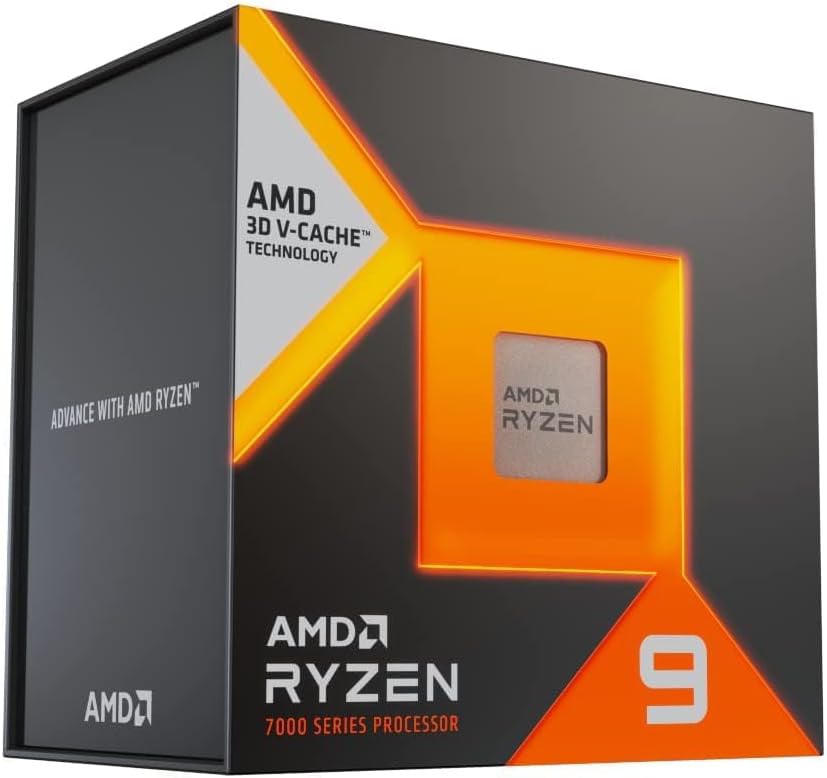
| Key specs | • 16 cores @ 4.2GHz (5.7GHz Turbo) • AM5 Socket • 120W TDP • 3D V-Cache |
| Pros | • Great performance in gaming and productivity software • Overclockable • Great power efficiency |
| Cons | • Expensive |
| Where To Buy | • View at Amazon |
The AMD Ryzen 9 7950X3D offers great video editing performance while letting you reap the gaming boosts from AMD’s 3D V-Cache technology. If you want a work CPU that can hold its own in the latest games, the 7950XD is the best option. Great multi-core performance and elite power efficiency make it a great pick if you’re a professional who games on the side.
It’s biggest Intel competition is the Intel Core i9-14900K, which outperforms the 7950XD in productivity benchmarks. However, the 14900K isn’t as good for gaming and it requires BIOS flashing to fix the stability issues that have caused permanent damage in Raptor Lake CPUs.
AMD Ryzen 5 5600
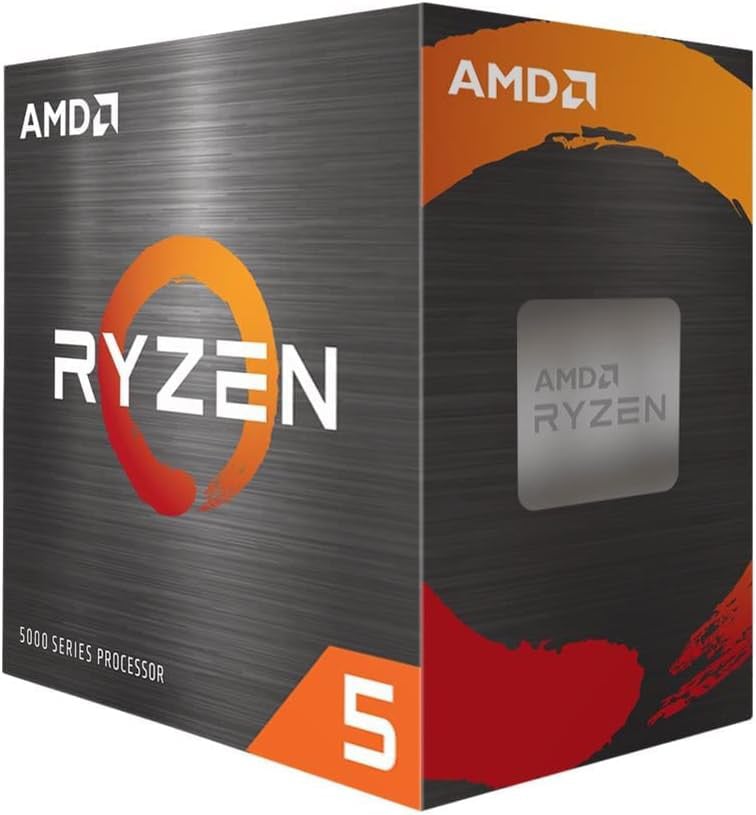
| Key specs | • 6 cores @ 3.5GHz (4.4GHz Turbo) • 12 threads • 65W TDP |
| Pros | • Very budget-friendly • Decent price-to-performance ratio • Excellent power efficiency |
| Cons | • Mesh seating and foam cushions are hard to clean • No integrated graphics |
| Where To Buy | • View at Amazon |
The AMD Ryzen 5 5600 is a great budget pick for someone who wants a solid entry-level build for both gaming and editing. It’s closest competitor from Intel is the i3-13100F, which is cheaper but provides roughly 10% worse gaming performance than the 5600. The 5600 is also a better buy than the 5600X, which is only 1% faster for gaming, and it even goes toe-to-toe with the 5800X as far as gaming performance goes. With only 6 cores and 12 threads, don’t expect to do much 4K video editing, though with the right GPU, it’s more than sufficient for graphic design.
Remember that this is an older chip using the AM4 socket, so your upgrade options are limited to older-generation CPUs. There’s still some room for future improvements as your funds allow, including some great X3D chips, like the 5700X3D.
Intel Core i5-12400F
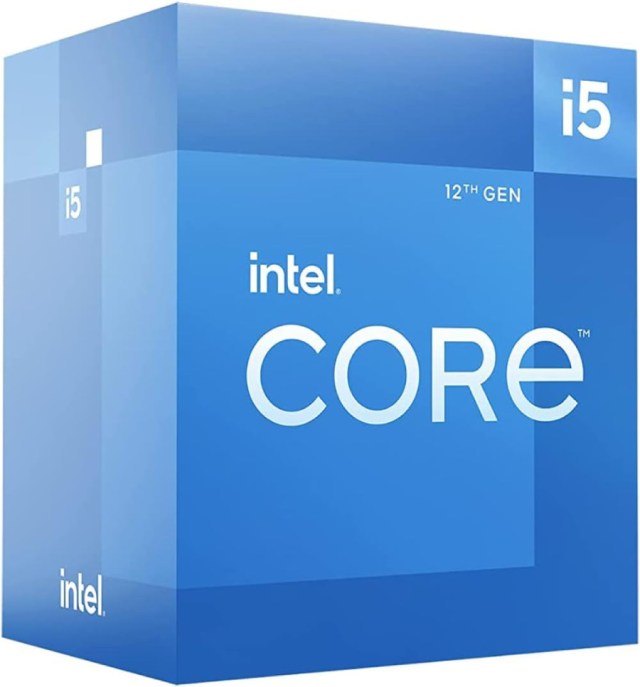
| Key specs | • 6 cores @ 2.5GHz (4.4GHz Turbo) • 12 threads • 65W TDP |
| Pros | • Supports both DDR4 and DDR5 • Good balance of work and gaming performance • Power efficiency comparable to Zen 3 |
| Cons | • No integrated graphics • Limited overclocking |
| Where To Buy | • View at Amazon |
The Intel Core i5-12400F is a solid CPU for budget workstation/gaming builds. Essentially an underclocked version of the i5-12600K So long as you have a dedicated GPU, the 12400F can more than handle 1080p and 1440p video editing. The high single-score speed also makes it snappier in general than its AMD counterparts in the same price class (like the Ryzen 5 5500GT).
If you want a variant with an integrated GPU, consider the i5-12400 (without the F).
How we created this list of CPUs
There’s a lot of data out there about the best CPUs for a variety of use cases, from hardware benchmarks to user reports. We collected and evaluated all the information we could gather to find what the best CPUs are for gaming and for work.
Yes, we overwhelmingly recommended AMD CPUs in this list. Unfortunately for fans of Intel, while Intel’s Raptor Lake series have performed well in benchmarks, often outperforming its AMD counterparts, it’s hard to recommend the brand knowing the stability issues and the potential for permanent damage on the user end. To make matters worse, Intel’s fix requires BIOS flashing, which is outside the technical skillset of your average user.
Key takeaways
To summarize our list: AMD is the way to go, at least for the current generation. While Intel’s 13th- and 14th-gen Raptor Lake processors are great in benchmarks, the widespread stability issues, poor power efficiency, and risk of permanent damage make it a generation we recommend skipping.
Fortunately for Intel diehards, there are still plenty of great Intel chips from previous generations that are competitive with later chips. We highlighted the 14700K above, but there’s no shortage of options, especially in the middle and lower ranges.


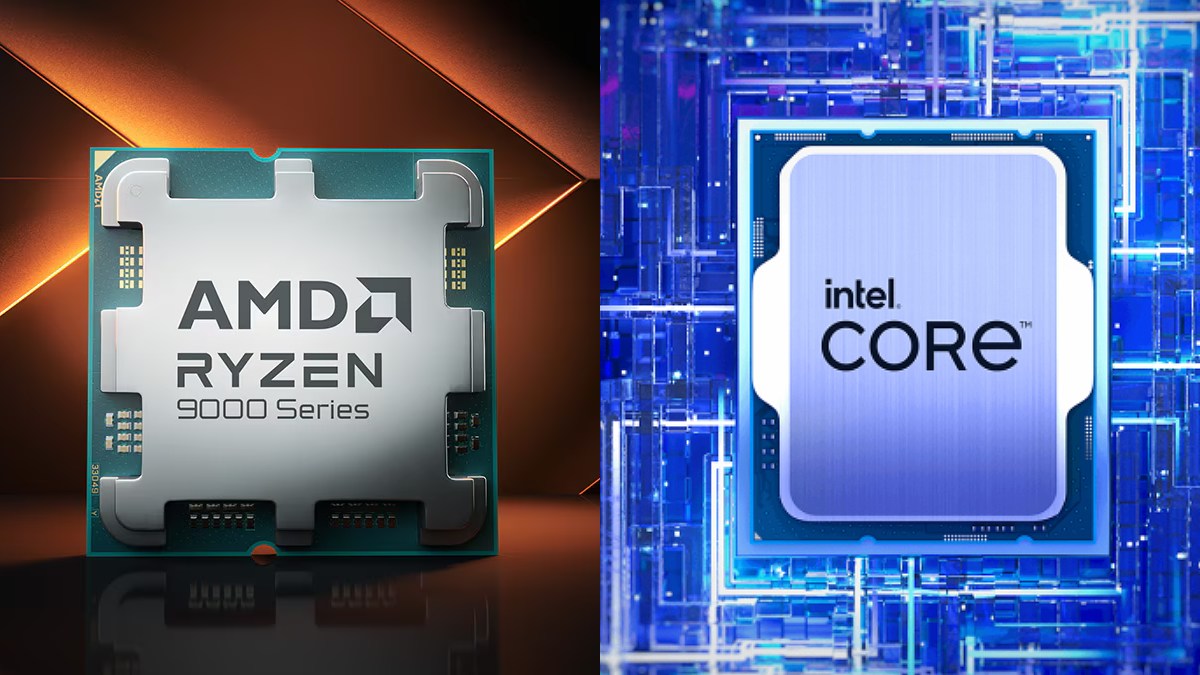



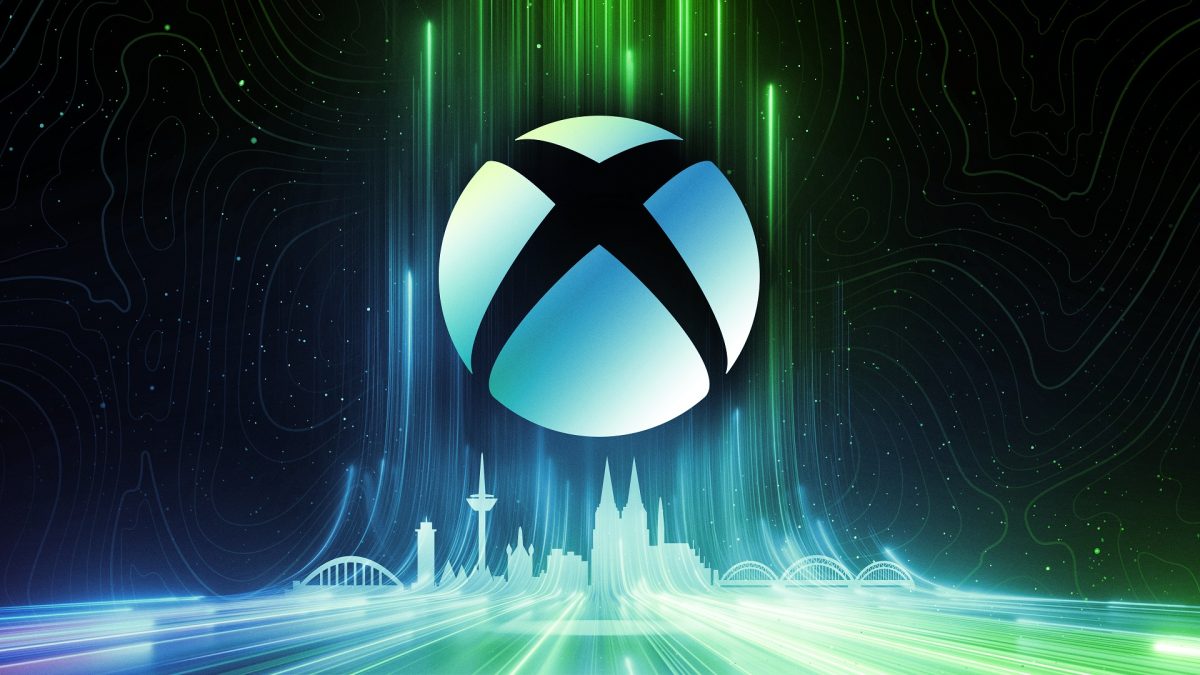

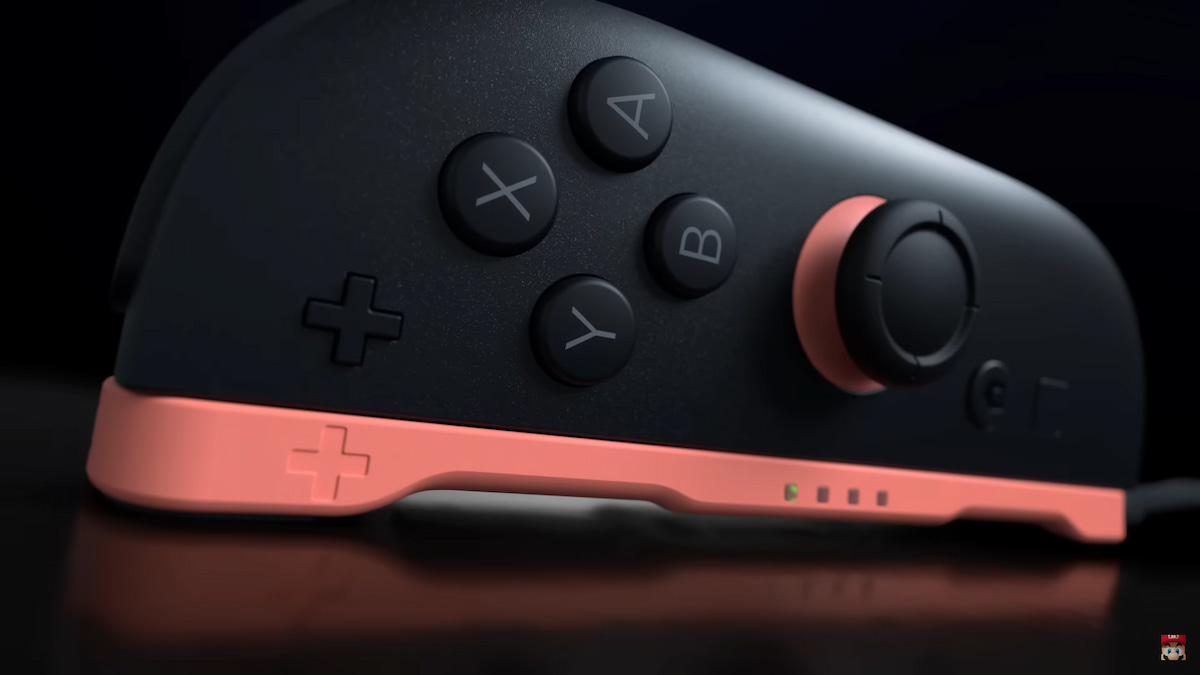
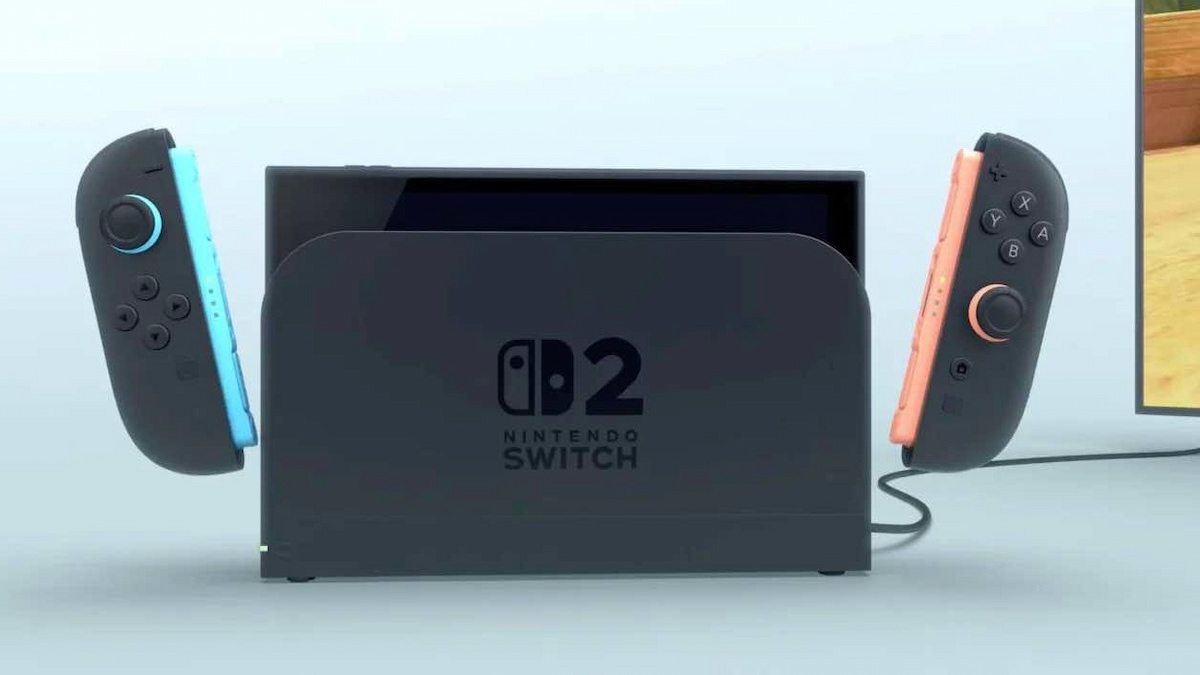
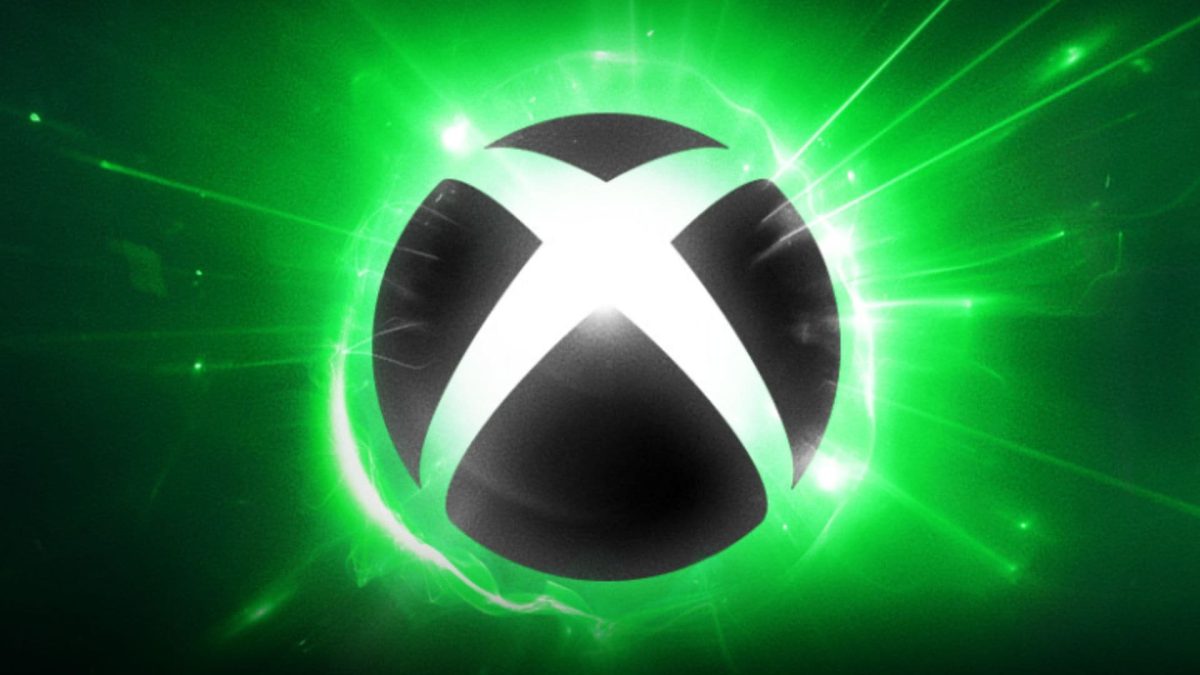
Published: Oct 29, 2024 04:31 pm